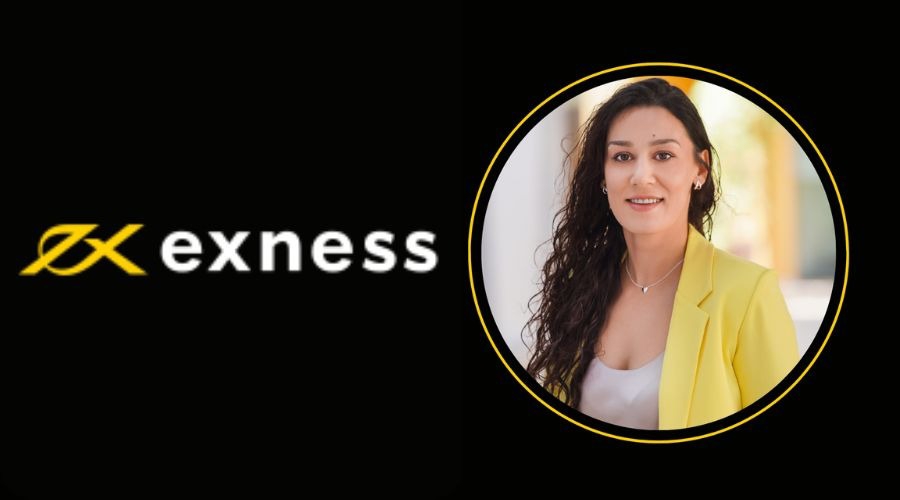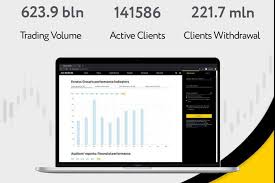
Understanding Competitive Exness Fees for Better Trading Success
When it comes to online trading, choosing the right broker can significantly influence a trader’s success. Among the plethora of options available, Competitive Exness Fees Exness Việt Nam stands out as a competitive choice. Known for its flexible account types, extensive market offerings, and advanced trading features, Exness has carved a niche in a crowded market. However, one of the most critical aspects that traders must evaluate are the fees associated with using a particular trading platform. In this article, we will delve into the competitive fees of Exness, examining various elements that traders need to consider to make informed decisions.
Understanding Trading Fees
Trading fees can significantly affect profitability, particularly for active traders and those engaging in frequent transactions. The Exness platform has positioned itself as a cost-effective choice with an array of fee structures designed to accommodate different types of traders. The key components of trading fees include spreads, commissions, and overnight fees, commonly referred to as swap fees.
Spreads
Spreads are the difference between the bid and ask prices of financial instruments. They represent a major conventional trading cost and can vary depending on market conditions and account types. Exness offers both fixed and variable spreads. Fixed spreads remain constant, providing predictability, while variable spreads fluctuate with market conditions, potentially offering lower costs during high liquidity periods. Understanding how these spreads work is crucial for minimizing costs.
Types of Accounts and Their Spreads

Exness offers various account types, each suited for different trading styles. The Standard Account features relatively modest spreads starting from 0.3 pips, while the Pro Account provides tighter spreads for a commission per trade. For scalpers and high-frequency traders, the Zero Account type offers spreads from 0 pips, but traders pay a commission on each trade. A careful evaluation of these accounts will help traders align their trading strategies with their fee arrangements.
Commissions
In addition to spreads, commission fees must also be taken into account. These fees are typically charged on trades made on certain account types, like the Pro or Zero Accounts. For instance, the Pro Account may involve a commission of $3.5 per lot traded, which can accumulate significantly for traders with high volumes. Understanding how commissions work can help traders determine the most cost-effective account type in relation to their trading frequency and volume.
Overnight Fees (Swap Fees)
Overnight fees, or swap fees, are charges incurred for holding positions overnight. These fees can either be positive or negative, depending on the interest rate differential between the currencies involved in the trade. While Exness provides its swap rates within the trading platform, traders should be cautious and perform proper research to understand how these fees will impact long-term positions. Depending on the market’s conditions and chosen financial instruments, these fees can eat into potential profits.
Other Considerations
Beyond the fundamental trading fees, there are additional factors that traders should consider when analyzing Exness fees. Withdrawal and deposit fees can influence overall trading costs, especially for those who plan to frequently transfer funds from their trading accounts. While Exness typically does not charge for withdrawals, traders must be aware of potential fees from payment processors.

Withdrawal Fees
Exness provides a range of withdrawal methods including e-wallets, bank transfers, and credit cards. Each method may have distinct processing times and, in certain cases, may carry fees charged by the payment provider. For instance, withdrawals to e-wallets are usually processed quickly, while bank transfers may take longer. It’s important for traders to calculate potential withdrawal fees and timeframes, as these logistical factors can have a significant bearing on the trading experience.
Promotions and Incentives
Exness often runs a variety of promotions, including bonuses and account credits, which can effectively reduce the overall cost of trading. While these bonuses may have specific terms attached, they serve as a marketing strategy to attract new clients and facilitate better trading conditions. Traders who take advantage of promotions can have the opportunity to enhance their trading capital, potentially offsetting other fees incurred.
Conclusion
Competitiveness in the trading industry hinges not only on the trading platforms offered but predominantly on the fee structures that govern the costs associated with trading. Exness, with its comprehensive range of accounts and competitive fee schedules, allows traders of all experience levels to access the markets with relative ease. Evaluating the different fee components, including spreads, commissions, overnight fees, and additional considerations surrounding deposits and withdrawals, can empower traders to make informed decisions for their trading strategies.
In conclusion, by understanding the competitive Exness fees, traders can maximize their profit potential and enhance their overall trading experience, allowing for a well-rounded venture into the complex world of finance.
Leave a Reply